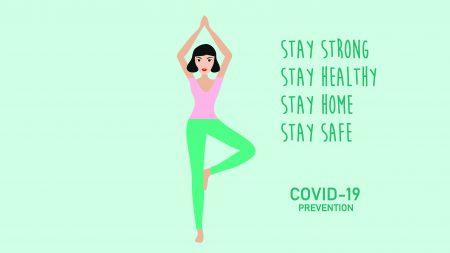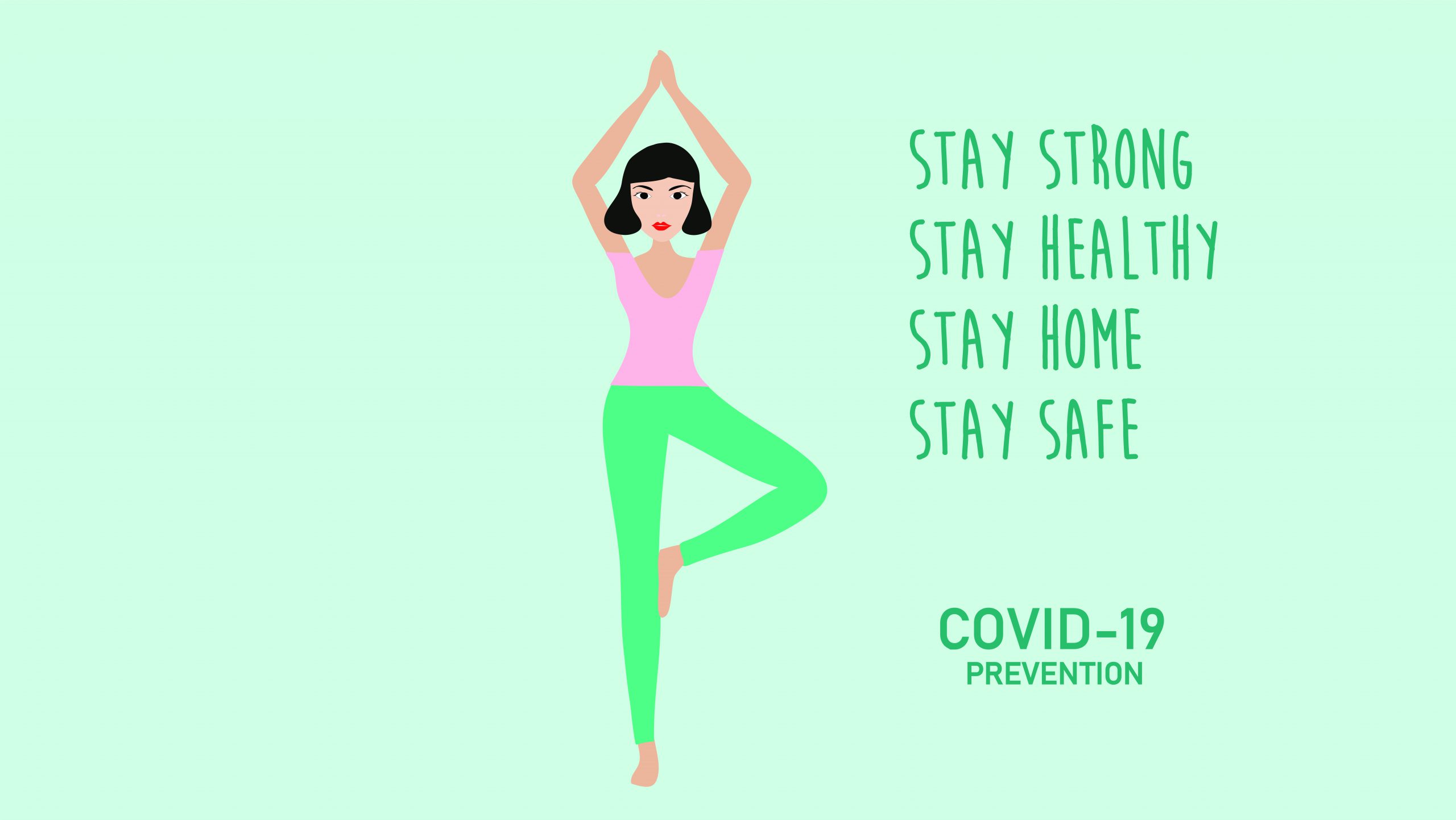| April 15, 2020 | Jordyn Turpitt | reporter |
|---|

Stressors can come on easily during this coronavirus pandemic, and sometimes they are not easily controlled, two Fort Worth psychologists told students in an online meeting April 8.
When Mindfully Managing Your Stress, a presentation to be given on NW Campus by licensed professional counselor Lauren Dunn was canceled due to the closing of all TCC campuses, NW sponsor and coordinator of intercultural student engagement Alex Vargas didn’t give up.
Acknowledging that the information was more needed than ever, she worked with area psychologists Dunn and Geoff Weckel to help bring students ways to deal with stress.
The presentation was delivered virtually through Google Hangout so anyone could join from the comfort of their homes. Fifteen students took part in the chat.
Vargas thought this meeting during the pandemic was essential because people are enduring different problems now.
“We want to help you cope well with the different stressors that you are taking on during this time,” Weckel said.
Dunn said that exercise can be a stress reliever, but the closure of gyms and parks may make it difficult to do.
She advised students to get innovative with exercise and maybe go for a walk in their neighborhoods instead of going to the park and think of new and exciting ways to exercise.
“You have to get more creative on being connected to people while still following social distance guidelines,” Dunn said.
With social distancing and quarantined time, people are having more anxiety and depression.
“There has been a 50% increase in depression and anxiety that medical personnel in Asia are seeing with their patients,” Weckel said.
There are overreacting stress responses and underreacting stress responses. An example of an underreacting response is sleeping a lot more, Dunn said.
“When we are going through anxiety and depression, the recommended amount of sleep is 8-10 hours, but no more than 10 hours,” Weckel said.
Weckel said that if a person sleeps more than 10 hours, they are having an overreacting stress response to the situation, and it isn’t good.
“When we over-sleep, we are trying to lose touch of what is going on,” Dunn said.
“When this happens, we are not self-regulating ourselves, and we are trying to disconnect from our body and emotions.”
Both Weckel and Dunn said a schedule or routine is crucial to a person’s life, and normally when people have a schedule, they tend to enjoy life more.
Weckel referred to negative habits such as binge-watching television shows the entire day as “stress relievers can turn into behavioral addictions.”
Netflix has had the highest amount of active users/watchers during this pandemic, Weckel said.
“It is OK to watch a few episodes of Tiger King,” Weckel said. “But it’s not normal to continually binge watch the show and sleep for the remainder of the day.”

